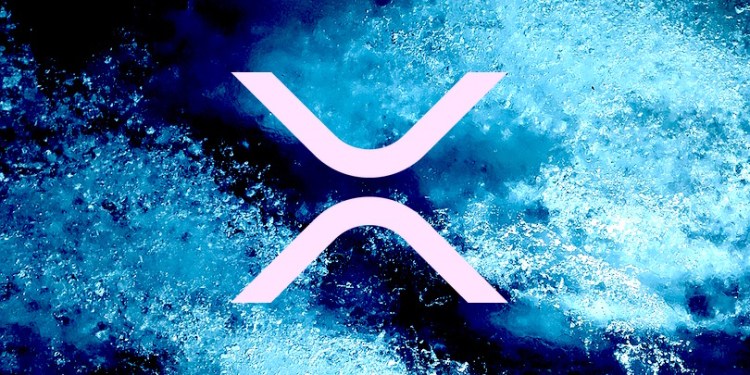Ripple’s chief technology officer David Schwartz says he’s concerned about the distribution of XRP.
In a new tweetstorm, Schwartz addresses the overall decentralization of the XRP ledger, saying he’s working with Ripple’s development arm Xpring to explore further ways to boost the network’s independence.
“Lately, I’ve been working a lot on ideas for improvements to the XRP Ledger, mostly around decentralization and security and working with Ethan Beard and Evan Schwartz on what Xpring will be building.”
Schwartz says the company’s strategy is to promote the Interledger Protocol (ILP), which Ripple built to give financial institutions a way to settle payments across a wide variety of different digital asset ledgers, including XRP.
“The big picture strategy hasn’t changed. Work with the ILP community to position ILP as the TCP/IP of value – a neutral, simple protocol that can support any kind of value on any ledger. Work with the XRP community to position XRP as the best currency to use with ILP.
The XRP Ledger proposals that I’ve been working on the most fit into that strategy. They improve decentralization, reliability, security, performance and ILP interoperability.”
When asked about whether he’s concerned about the overall wealth distribution of XRP, Schwartz said he is concerned about the issue but has to be careful about what he says. Ripple owns more than half of the total supply of XRP and has recently come under fire for its routine over-the-counter (OTC) sales of the digital asset to crypto exchanges and institutional participants.
“…I am concerned about XRP distribution. I just have to be more careful about what I say for somewhat obvious reasons and when I can’t talk freely and honestly about something, I generally prefer not to say very much at all.”
Schwartz says he remains focused on improving how the ledger functions and continues to strengthen its level of “operational” decentralization, which he maintains is far ahead of the leading cryptocurrency Bitcoin.
“I’m talking about operational decentralization, that is, the way the ledger executes. I don’t think operational decentralization is a yes/no issue. I think it’s a technical characteristic that can continue to improve over time.
PoW does provide decentralization. But it’s proven to be a technological dead-end – you get what you get and that’s it. By contrast, distributed agreement algorithms can keep getting better. One of the proposals, for example, significantly improves partition tolerance.”
Schwartz says he also remains unconvinced that Bitcoin’s Lightning Network is the be-all, end-all solution to BTC’s scaling challenges.
“Layer 2 scaling is still significantly impacted by layer 1 performance. Locking up money in slow systems makes payments expensive. I was first attracted to bitcoin because I didn’t want to build on top of interior layers propped by those with financial interests in them.”
You can check out the full tweetstorm here.
[the_ad id="42537"] [the_ad id="42536"]




